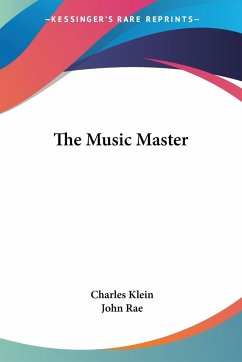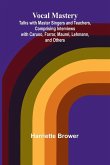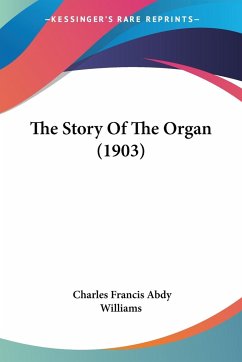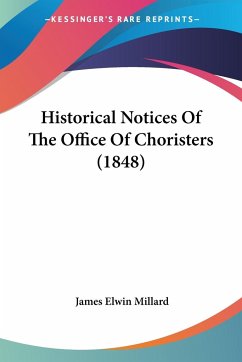The Music Master is a novel written by Charles Klein, first published in 1909. The story is set in the late 19th century and follows the life of David Harum, a successful and wealthy music teacher in a small town in upstate New York. Harum is a talented musician, but his love for teaching and mentoring young musicians is what sets him apart from others in his profession.The novel explores themes of love, loss, and redemption as Harum navigates his personal and professional life. He becomes a mentor to a young violinist named Louise, who he takes under his wing and helps to develop her talent. Along the way, Harum also falls in love with Louise's mother, Alice, who is a struggling single mother.As the story progresses, Harum faces personal tragedy and must come to terms with his own mortality. He also faces professional challenges, as his methods of teaching and mentoring young musicians are questioned by others in the community.The Music Master is a heartwarming and inspiring novel that celebrates the power of music and the importance of mentorship and community. It is a timeless story that continues to resonate with readers today.1909. Novelized from the play as produced by David Belasco. The book begins: Anton Von Barwig rapped on the conductor¿¿¿¿¿¿¿s desk for silence and laid down his baton. The hundred men constituting the Leipsic Philharmonic Orchestra stopped playing as if by magic, and those who looked up from their music saw in their leader¿¿¿¿¿¿¿s face, for the first time in their three years¿¿¿¿¿¿¿ experience under his direction, a pained expression of helplessness. Either I can¿¿¿¿¿¿¿t hear you this morning, or the first violins are late in attacking and the wood wind drags-drags-drags. What¿¿¿¿¿¿¿s the matter? We¿¿¿¿¿¿¿ve played this a hundred times, growled Karlschmidt, the bass clarionet player, to Poons, the Dutch horn soloist, who sat at the desk next to him. Karlschmidt was a socialist, a student of Karl Marx, and took more interest in communism than in his allotted share of the score of Isolde¿¿¿¿¿¿¿s Liebestodt. Indeed, nearly all the men were interested in something other than the occupation which afforded them a living. For them the pleasure of music had died in the business of attaining accuracy.This scarce antiquarian book is a facsimile reprint of the old original and may contain some imperfections such as library marks and notations. Because we believe this work is culturally important, we have made it available as part of our commitment for protecting, preserving, and promoting the world's literature in affordable, high quality, modern editions, that are true to their original work.
Hinweis: Dieser Artikel kann nur an eine deutsche Lieferadresse ausgeliefert werden.
Hinweis: Dieser Artikel kann nur an eine deutsche Lieferadresse ausgeliefert werden.








